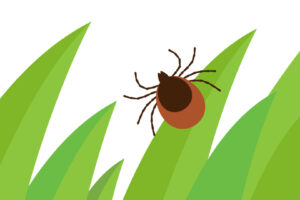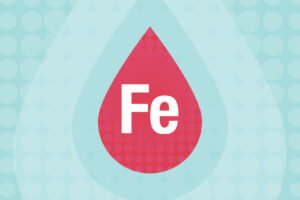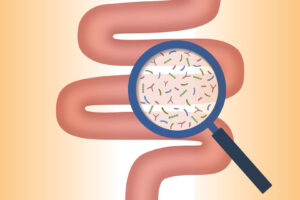Spring is here—which means we’re settling into the warm sunshine and taking in the fresh air. But for some, springtime may bring sneezy, stuffed-up noses and itchy eyes. We’re talking about those dreaded seasonal allergies.
“Statistics show that 50 million Americans of all ages suffer from allergies,” says Philip Case, MD, board-certified allergist-immunologist at CentraState.
Below, Dr. Case provides the facts on seasonal allergies—and solutions to manage them.
The Roots of Seasonal Allergies
Seasonal allergies are an overreaction of the body’s immune system triggered by pollen. They can vary by season:
- Spring: Tree pollens—such as birch and oak pollen, and in late spring, grass pollen
- Late Summer to Fall: Ragweed and other weed pollens
- Winter: Dust mites and sometimes mold allergy (and molds can cause problems in many seasons)
General Symptoms
- Sneezing
- Congestion
- Runny nose
- Scratchy throat
- Itchy, watery eyes
Treating Seasonal Allergies
Medications
Non-drowsy antihistamines and various preventive nasal sprays can be useful, and your healthcare provider or pharmacist can provide advice.
Allergy Testing and Shots
Talk to your primary care doctor or allergist about allergy testing and shots.
- Allergy testing: The skin is tested with allergens and patients are checked for reactions; sometimes blood tests are used.
- Allergy shots: These injections contain allergens that allow the body to become less allergic over an extended period of time; they are helpful for many people.
Environmental Control
- Close doors and windows.
- Rinse off pollen from body and hair with daily showers.
- Wash your clothes after you’ve been outside on a high pollen day.
- Eat healthy foods and drink plenty of water.
Oral Allergy Syndrome
Seasonal allergies to tree pollen can affect how you eat fresh vegetables and fruits. Those with allergies to birch tree pollen may experience an itchy, tight throat while eating these foods and more:
- Apples
- Pears
- Peaches
- Plums
- Carrots
- Celery
Cooking the vegetables or fruits will often reduce the problem.





